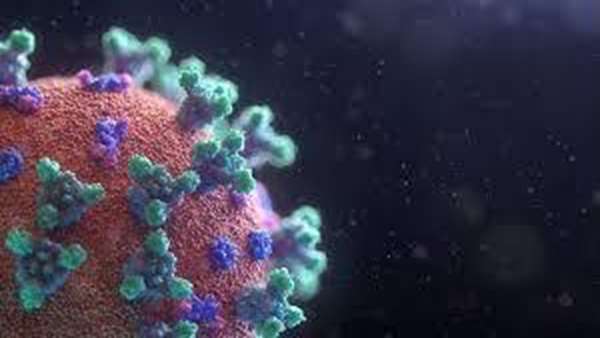A diagnostics startup co-founded by one of the pioneers of CRISPR gene editing has become the first to receive Food and Drug Administration authorization for a product that uses the technology – for a diagnostic test kit to detect the virus that causes Covid-19.
The FDA granted an emergency use authorization to Cambridge, Massachusetts-based Sherlock Biosciences’ CRISPR SARS-CoV-2 rapid test kit, designed for use in high-throughput labs to detect the virus, delivering results in about an hour. An EUA is not a full approval, but is given on a temporary basis in emergency situations. Several other Covid-19 diagnostics have also received EUAs, along with some drugs like Gilead Sciences’ remdesivir.
Strictly speaking, Sherlock’s test works differently from the more well-known therapeutic applications of CRISPR gene editing. In a phone interview, Sherlock CEO Rahul Dhanda explained that it consists of two bases of guide RNA that are complementary to sequences of RNA in the virus and are attached to a CRISPR/Cas enzyme. The guide RNA is able to detect the corresponding sequences in the virus, and if that happens, it will hybridize to them and activate the CRISPR enzyme, which then releases a detectable signal, producing a positive result. The company said that in patient samples, the test had 100% accuracy.
“What’s exciting for us is that we’re taking the very first CRISPR product through the authorization process with the FDA,” Dhanda said. “That to me is an historic moment for us, and we’re even more excited that we’re able to use that historic moment to address this pandemic.”
To obtain the EUA, Sherlock submitted information that included data on analytical sensitivity and limits of detection, as well as negative samples and contrived patient samples. The authorization had been anticipated to happen earlier this week but was delayed when the FDA requested additional data.
“What we’ve seen is that the FDA has been dynamic and responsive here,” Dhanda said. “The more data that comes in from new cases, the more information is being requested through the process.”
The company was started in March 2019, and co-founders include Feng Zhang of The Broad Institute of MIT and Harvard University. South San Francisco, California-based Mammoth Biosciences – co-founded by fellow CRISPR pioneer Jennifer Doudna – is another company developing CRISPR-based diagnostics and announced the publication of a study of its Covid-19 diagnostic last month.
Sherlock said that it is working to rapidly scale up production of the test kits and plans to share plans for distribution and availability in the coming weeks. The company is in conversations with a variety of large-scale manufacturers, finalizing production schedules, and will announce the partnership and the release of the tests, Dhanda said. The tests should be available by the summer, he added.
Access is a major consideration, Dhanda said, and in terms of cost the tests will be comparable to others on the market. They will mainly be available in hospital settings that test large numbers of patients as opposed to smaller settings like urgent care clinics, with the kit designed to allow for hundreds of patients to be tested in a given day.
“Really, our goal here is access,” Dhanda said.





ارسال به دوستان